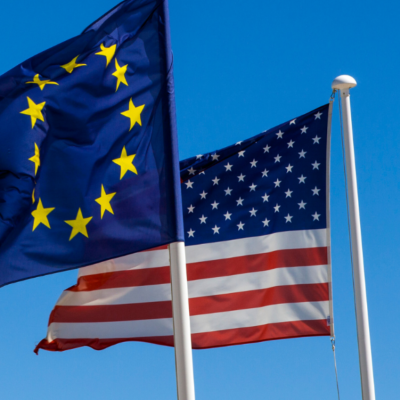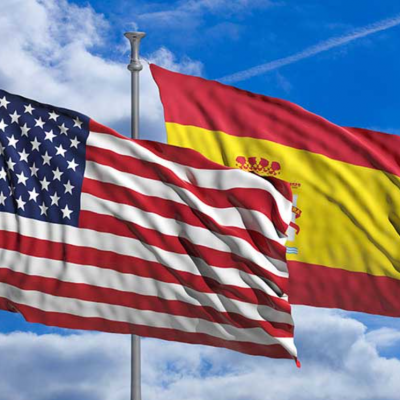The future of work is no longer a distant concept—it is the reality we are living today. Automation, artificial intelligence, remote work, and global connectivity are reshaping industries faster than most of us imagined possible. Yet amid all these shifts, one truth remains constant: people, not machines, define the heart of meaningful work. The challenge is learning how to evolve alongside technology without losing our sense of purpose, creativity, and calm.
Today’s most future-ready professionals are those who blend technical literacy with emotional intelligence. They understand that knowing how to work with AI tools or manage data-driven insights is essential, but equally important is the ability to remain adaptable, self-aware, and balanced. These are the human skills that cannot be automated—skills like empathy, judgment, and ethical reasoning.
Adapting to continuous change requires more than just learning new software or mastering digital platforms. It means cultivating a mindset that sees uncertainty as a teacher, not a threat. Emotional resilience becomes the backbone of this mindset. When individuals learn to manage stress, communicate openly, and stay grounded amid shifting priorities, they position themselves not only to survive transformation but to thrive through it.
This is where mindfulness and self-regulation come in. A calm mind allows creativity to flourish, helping professionals approach challenges with curiosity rather than fear. Organizations that encourage this balance—by supporting mental wellbeing, flexible structures, and trust-based leadership—will find that their teams innovate more fluidly, collaborate more harmoniously, and adapt to evolving conditions more naturally.
In this redefined world of work, success no longer depends solely on technical expertise but on the ability to integrate human qualities with technological fluency. The most influential workers of tomorrow will be those who can connect deeply, think critically, and grow continuously—without burning out or losing sight of why they began their professional journey in the first place.
Navigating the rapid shifts in technology and work culture can feel overwhelming, but empowerment begins with reframing how we interpret change. Instead of viewing transformation as an external storm to weather, forward-thinking professionals see it as an internal opportunity to grow. With this mindset, stress becomes manageable, innovation becomes attainable, and progress feels purposeful.
Building Psychological Safety and Supportive Cultures
For individuals to adapt and learn freely, teams must cultivate psychological safety—the sense that it’s safe to take risks, express ideas, and admit mistakes without fear of judgment. When organizations foster this environment, they enable experimentation, which is the lifeblood of innovation. Leaders play a central role here: modeling humility, listening actively, and encouraging diverse perspectives. These behaviors transform uncertainty from a source of anxiety into a shared exploration of potential.
Encouraging Continuous Upskilling
Technology evolves far faster than traditional education systems. Continuous learning, therefore, becomes a personal and organizational commitment. Lifelong learning is not about endlessly adding credentials, but about nurturing curiosity and adaptability. Whether it’s microlearning modules, peer-to-peer mentoring, or rotational assignments across departments, the future of upskilling is agile, personalized, and embedded in everyday work.
Cross-Functional Collaboration and Creativity
Tomorrow’s most effective workers won’t be defined by narrow job titles but by their ability to bridge disciplines. Collaboration across functions—where engineers, designers, data analysts, and storytellers co-create—fuels innovation. It also mirrors the interconnected world we live in, where real progress often lies at the intersection of different perspectives. Creative problem-solving flourishes in these spaces, and so does a sense of collective purpose.
Nurturing Emotional Agility and Mindful Leadership
Emotional agility—the ability to recognize, understand, and regulate one’s emotions—is becoming just as important as technical proficiency. Leaders who model emotional intelligence inspire teams to stay focused and calm during periods of flux. Incorporating mindfulness practices, such as brief reflective moments, walking meetings, or conscious breathing before decision-making, can transform the quality of attention and dialogue within workplaces.
Designing for Balance and Wellbeing
Sustainable performance depends on balance. Flexible work arrangements, mental health resources, and workload transparency can help reduce stress and create space for creative thinking. A healthy culture doesn’t glorify burnout; it prioritizes presence, trust, and realistic pacing. This shift acknowledges that wellbeing is not separate from success—it’s the foundation of it.
Reimagining Leadership in a Post-Digital Era
As AI and automation handle routine tasks, human leadership is evolving toward mentorship, empathy, and meaning-making. The leaders of the future won’t just manage processes—they will nurture growth, champion inclusion, and create environments where everyone can thrive. Such cultures transform workplaces from stress-inducing ecosystems into fertile grounds for innovation and genuine engagement.
In essence, the future of work isn’t just about adapting to new technologies—it’s about evolving as humans. The professionals who will thrive are those who approach change with both curiosity and calm, who strive for progress without sacrificing balance, and who see lifelong learning as a form of empowerment rather than obligation.
Change, when met with mindfulness and emotional intelligence, becomes less of a disruption and more of a rhythm—an ongoing dance between innovation and intention. When we learn to move with that rhythm, the future of work ceases to be something to fear. It becomes something to look forward to: a landscape where adaptability, wellbeing, and creativity coexist, and where every transformation is an invitation to grow stronger, wiser, and more authentically human.






